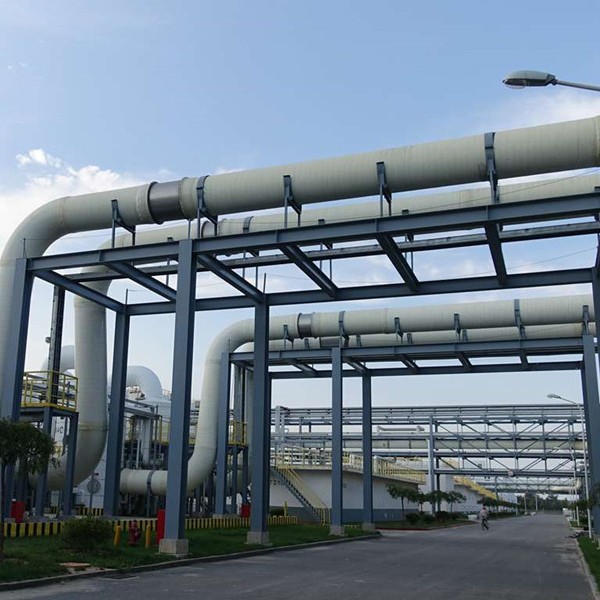
-
 Afrikaans
Afrikaans -
 Albanian
Albanian -
 Amharic
Amharic -
 Arabic
Arabic -
 Armenian
Armenian -
 Azerbaijani
Azerbaijani -
 Basque
Basque -
 Belarusian
Belarusian -
 Bengali
Bengali -
 Bosnian
Bosnian -
 Bulgarian
Bulgarian -
 Catalan
Catalan -
 Cebuano
Cebuano -
 China
China -
 China (Taiwan)
China (Taiwan) -
 Corsican
Corsican -
 Croatian
Croatian -
 Czech
Czech -
 Danish
Danish -
 Dutch
Dutch -
 English
English -
 Esperanto
Esperanto -
 Estonian
Estonian -
 Finnish
Finnish -
 French
French -
 Frisian
Frisian -
 Galician
Galician -
 Georgian
Georgian -
 German
German -
 Greek
Greek -
 Gujarati
Gujarati -
 Haitian Creole
Haitian Creole -
 hausa
hausa -
 hawaiian
hawaiian -
 Hebrew
Hebrew -
 Hindi
Hindi -
 Miao
Miao -
 Hungarian
Hungarian -
 Icelandic
Icelandic -
 igbo
igbo -
 Indonesian
Indonesian -
 irish
irish -
 Italian
Italian -
 Japanese
Japanese -
 Javanese
Javanese -
 Kannada
Kannada -
 kazakh
kazakh -
 Khmer
Khmer -
 Rwandese
Rwandese -
 Korean
Korean -
 Kurdish
Kurdish -
 Kyrgyz
Kyrgyz -
 Lao
Lao -
 Latin
Latin -
 Latvian
Latvian -
 Lithuanian
Lithuanian -
 Luxembourgish
Luxembourgish -
 Macedonian
Macedonian -
 Malgashi
Malgashi -
 Malay
Malay -
 Malayalam
Malayalam -
 Maltese
Maltese -
 Maori
Maori -
 Marathi
Marathi -
 Mongolian
Mongolian -
 Myanmar
Myanmar -
 Nepali
Nepali -
 Norwegian
Norwegian -
 Norwegian
Norwegian -
 Occitan
Occitan -
 Pashto
Pashto -
 Persian
Persian -
 Polish
Polish -
 Portuguese
Portuguese -
 Punjabi
Punjabi -
 Romanian
Romanian -
 Russian
Russian -
 Samoan
Samoan -
 Scottish Gaelic
Scottish Gaelic -
 Serbian
Serbian -
 Sesotho
Sesotho -
 Shona
Shona -
 Sindhi
Sindhi -
 Sinhala
Sinhala -
 Slovak
Slovak -
 Slovenian
Slovenian -
 Somali
Somali -
 Spanish
Spanish -
 Sundanese
Sundanese -
 Swahili
Swahili -
 Swedish
Swedish -
 Tagalog
Tagalog -
 Tajik
Tajik -
 Tamil
Tamil -
 Tatar
Tatar -
 Telugu
Telugu -
 Thai
Thai -
 Turkish
Turkish -
 Turkmen
Turkmen -
 Ukrainian
Ukrainian -
 Urdu
Urdu -
 Uighur
Uighur -
 Uzbek
Uzbek -
 Vietnamese
Vietnamese -
 Welsh
Welsh -
 Bantu
Bantu -
 Yiddish
Yiddish -
 Yoruba
Yoruba -
 Zulu
Zulu
High-Quality Drilling Anchor Drill Bits for Construction
The Importance of Selecting the Right Anchor Drill Bits in Construction
In the construction industry, one of the most critical tasks is drilling anchor holes. This process not only supports the structural integrity of buildings but also ensures safety and longevity in construction projects. Among the various tools and equipment involved, anchor drill bits play a pivotal role. Selecting the appropriate drill bits for anchoring is crucial for achieving successful outcomes in construction endeavors.
Anchor drill bits are specifically designed to create holes in various materials, including concrete, rock, and masonry. These bits vary widely in size, shape, and design, which allows them to accommodate different types of anchors and applications. The right choice of drill bit can influence the drilling efficiency, the quality of the holes produced, and ultimately, the strength of the anchored connection.
One of the primary factors to consider when selecting anchor drill bits is the material of the substrate. For instance, concrete drill bits are typically made with a carbide tip to withstand the hardness of the material and ensure durability. On the other hand, if drilling into softer materials like wood, a standard twist drill bit might suffice. Understanding the material properties will guide contractors in choosing the best bit for the job.
Another important consideration is the size and type of anchor being used. Different anchors require different hole diameters and depths. For example, heavy-duty anchors may need larger holes to provide a secure grip. Furthermore, the type of anchor, be it a wedge anchor, sleeve anchor, or a drop-in anchor, will also dictate the specification of the drill bit. Ensuring the drill bit matches the anchor promotes optimal performance and minimizes the risk of anchor failure.
drilling anchor drill bits is a crucial task in the construction ...

Drilling techniques are also significant when it comes to using anchor drill bits. Proper technique not only enhances the effectiveness of the drill bit but also extends its lifespan. For heavy-duty applications, a rotary hammer drill might be necessary, especially when dealing with hard materials. Additionally, maintaining a steady speed and applying consistent pressure will prevent overheating and premature wear of the drill bit.
Moreover, environmental conditions should not be overlooked. Factors like moisture levels, temperature fluctuations, and the presence of dust can affect drilling performance. For instance, drilling in wet conditions may require specific bits designed to handle corrosion or excess moisture. Acknowledging environmental impacts ensures that the drilling process runs smoothly and effectively.
Lastly, regular maintenance and replacement of drill bits are essential practices in ensuring optimal performance. Worn-out or damaged bits can lead to poor hole quality, which can compromise the integrity of the anchor. Investing in high-quality drill bits and replacing them as needed can save time, resources, and potential safety hazards down the line.
In conclusion, the selection of anchor drill bits is a crucial task in the construction industry that encompasses a range of considerations. From material compatibility and anchor specifications to drilling techniques and environmental factors, each element plays a role in determining the success of anchor installations. By making informed choices and investing in the right tools, professionals can enhance the safety, durability, and effectiveness of their construction projects. Strong foundations start with the right drill bits; therefore, contractors must prioritize their selections and practices in this vital aspect of their work.









